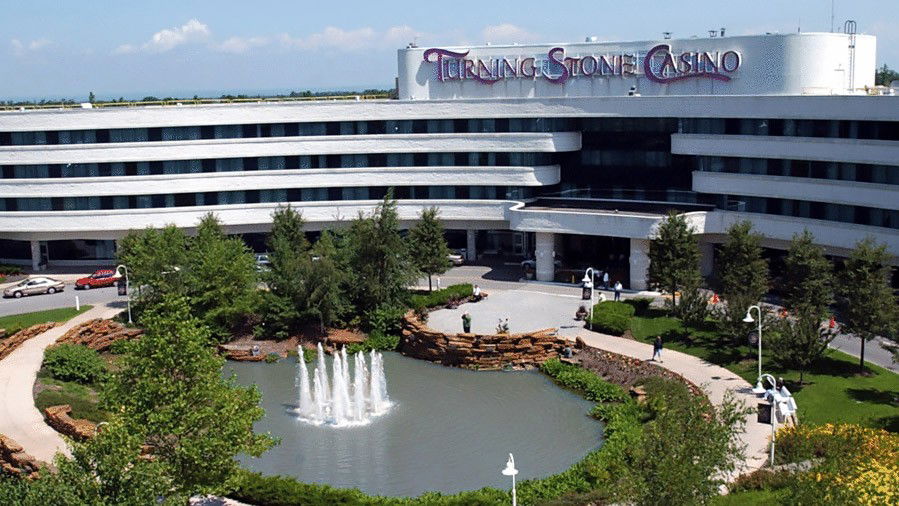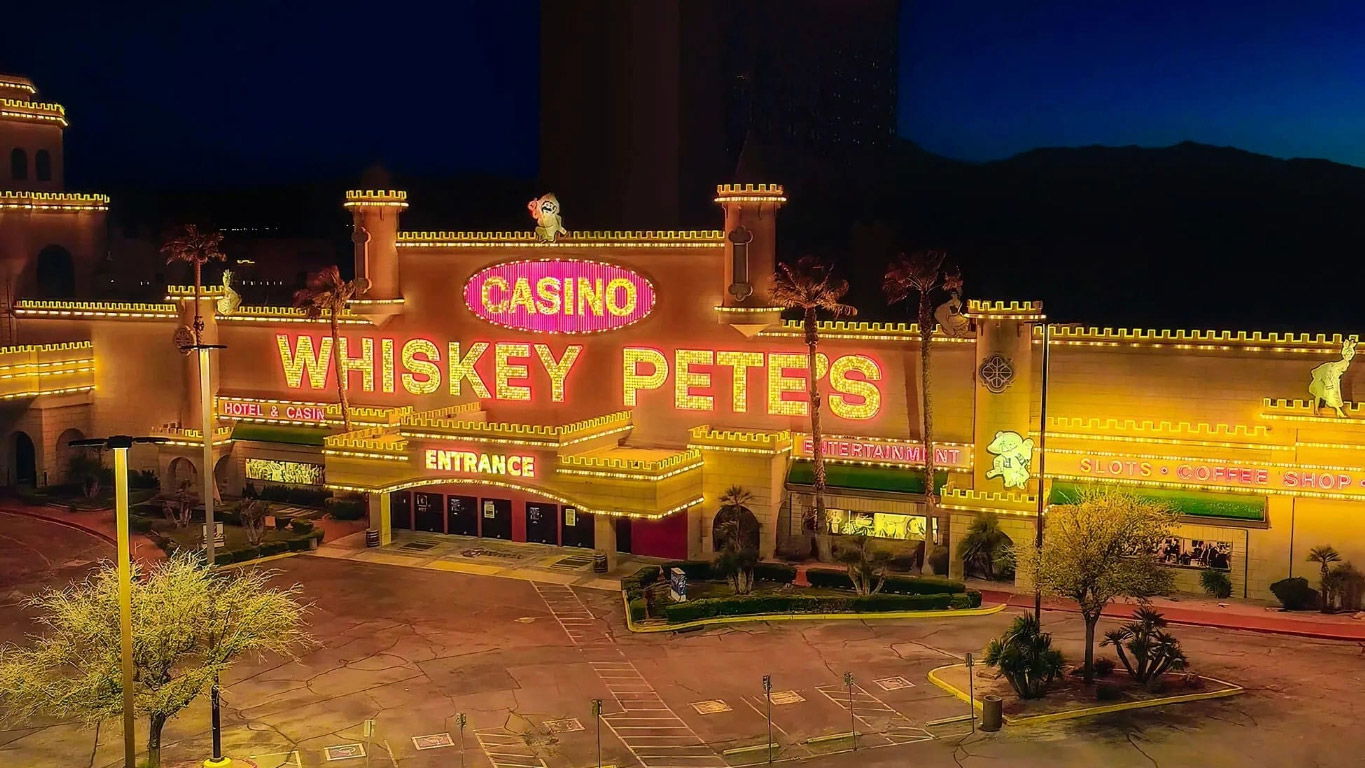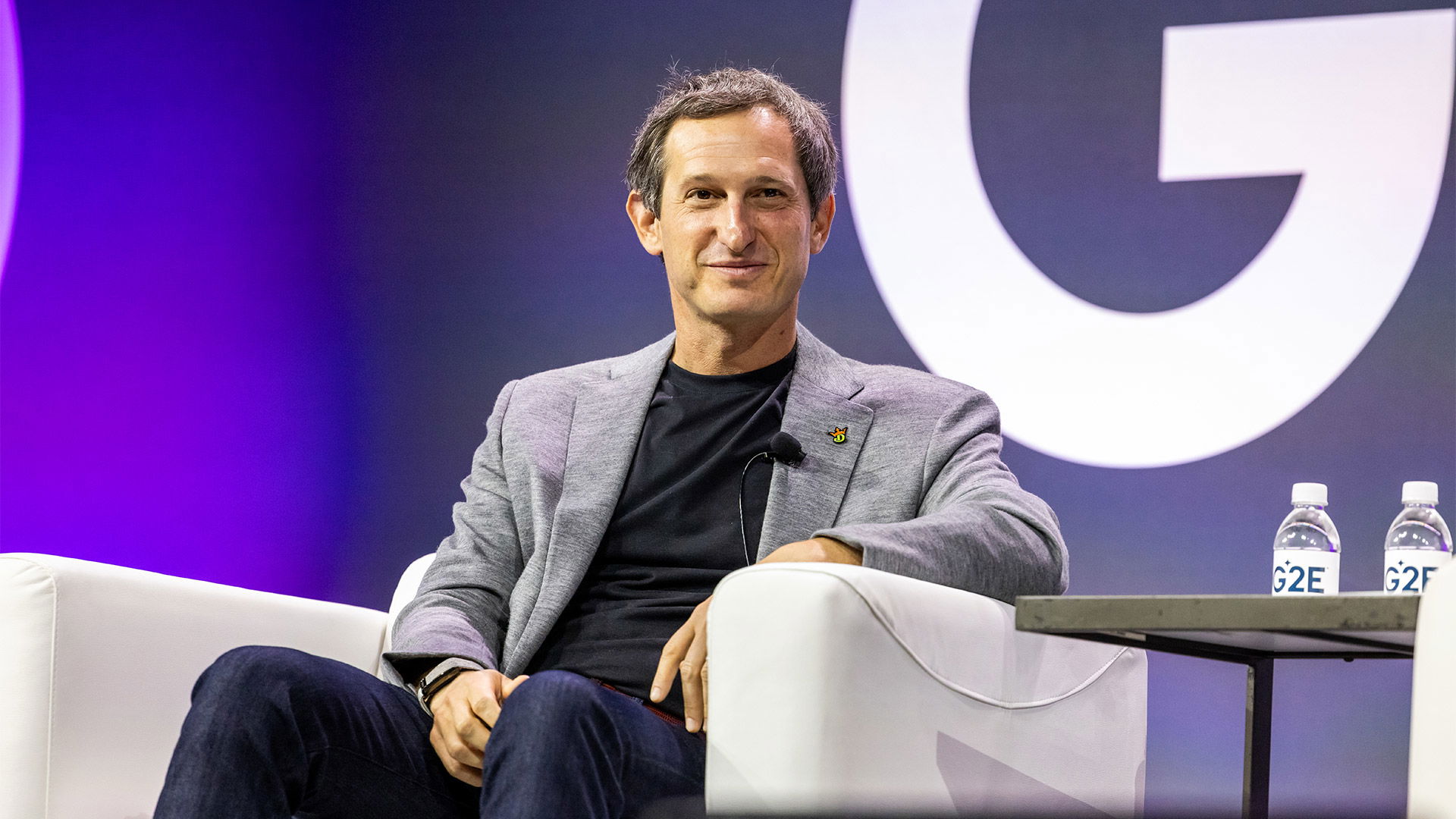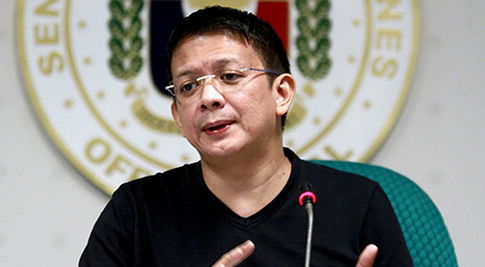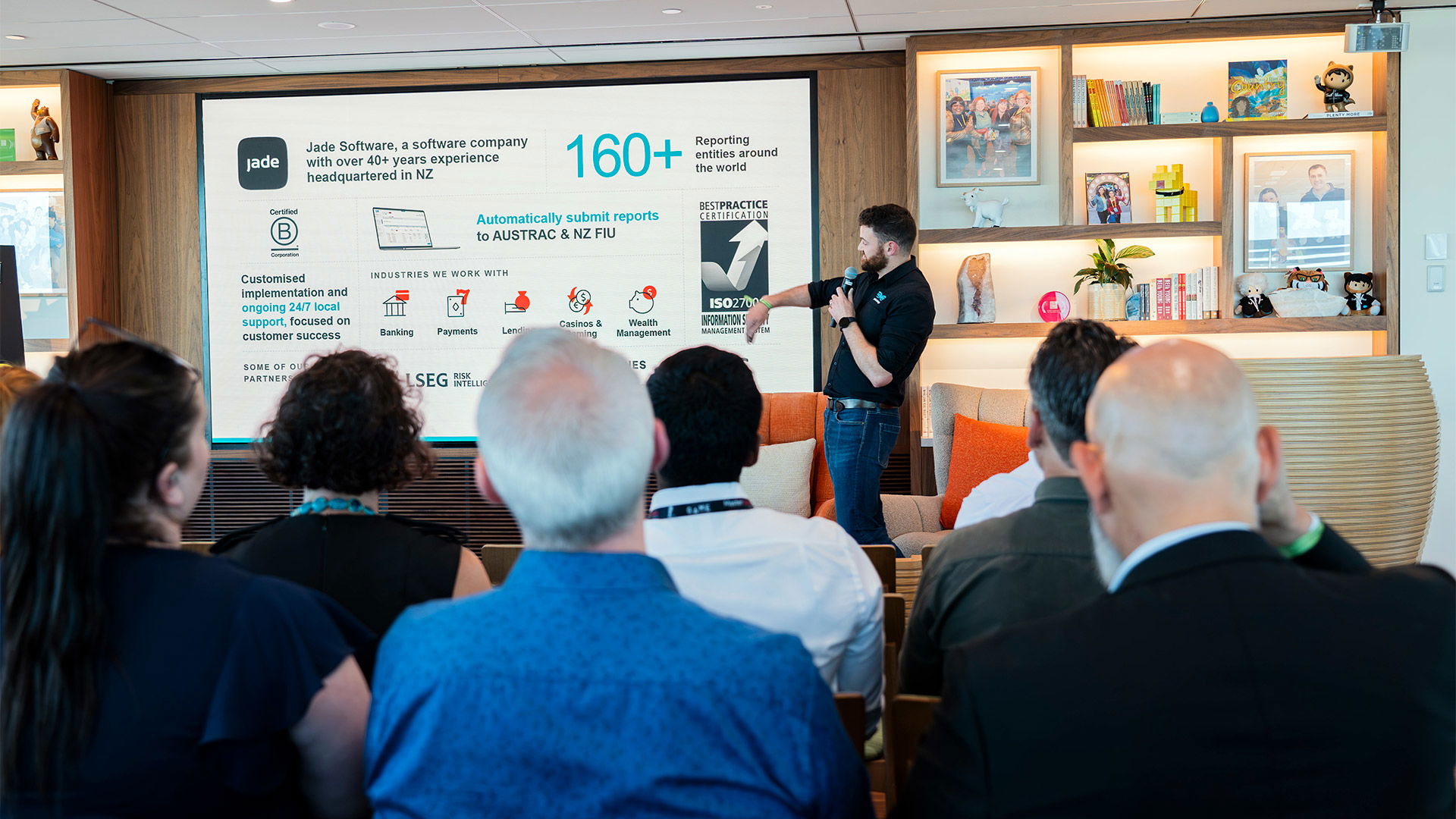Koi Nation faces opposition over $600 million casino plan in California's wine country
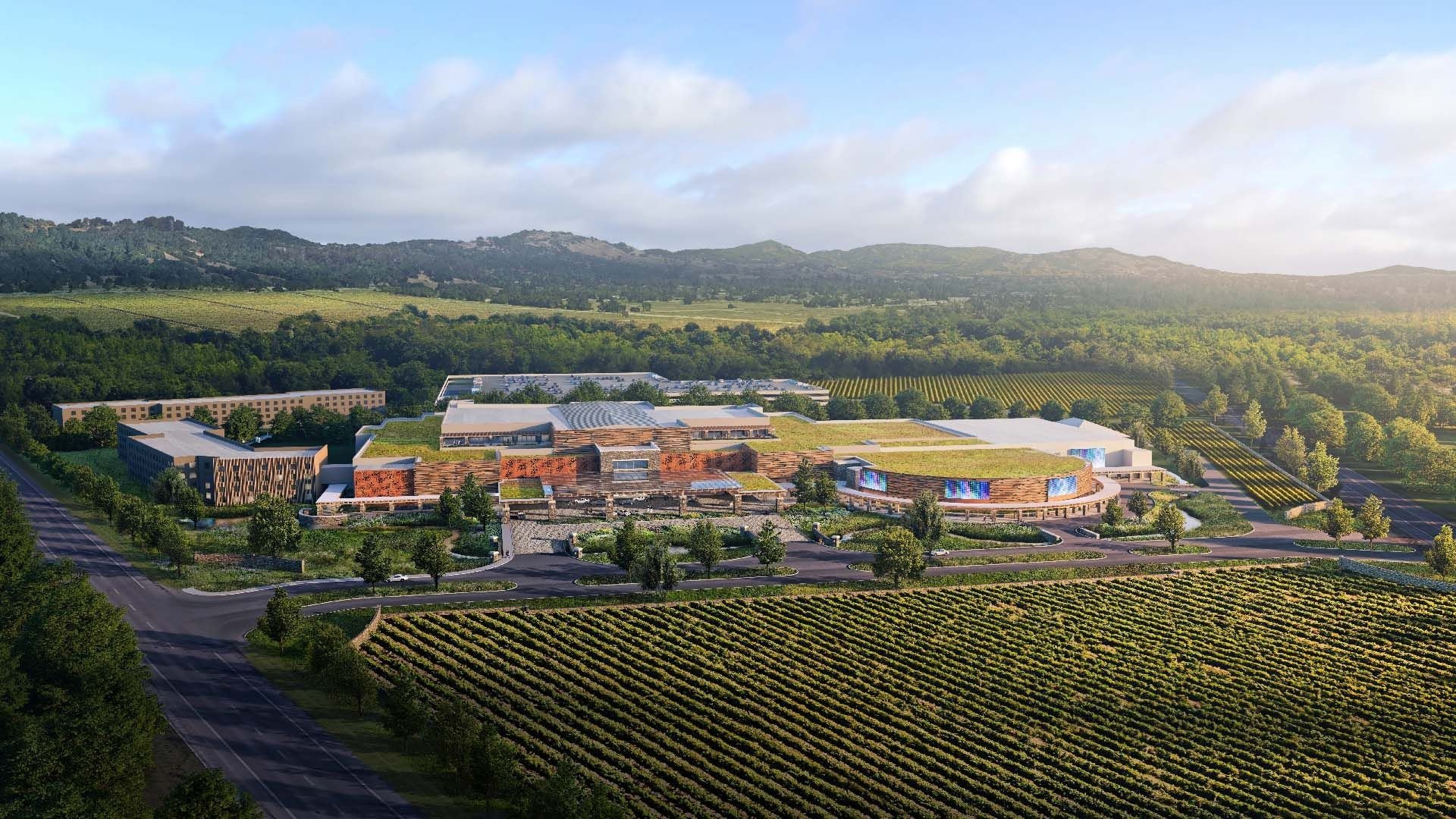
The Koi Nation, a small, landless Native American tribe in Northern California, is facing growing opposition to its plan to build a $600 million casino in Sonoma County’s wine region.
The tribe, comprising 96 members, has partnered with the Chickasaw Nation of Oklahoma, operator of the world's largest casino, and is awaiting a crucial decision from U.S. Interior Secretary Deb Haaland to place 68 acres of land into trust, a move that would allow them to proceed with their Shiloh Resort and Casino project.
The proposed resort, located 65 miles north of San Francisco, would feature a 2,500-slot machine casino and a 400-room hotel. If approved, the project would mark a significant economic opportunity for the Koi Nation, which has been seeking to establish a foothold in the lucrative gaming industry for decades.
The Koi Nation’s efforts were bolstered by a 2019 federal court ruling, which cleared the way for the tribe to pursue land acquisition for gaming. The tribe claims a "significant historical connection" to the Sonoma County area, citing ancestral trade routes and historical ties.
Dino Beltran, Vice Chairman of the Koi Nation Tribal Council, expressed hope that the casino would improve the tribe’s economic standing. According to the Associated Press, Beltran said that the money generated would allow tribal members a better life in one of the country’s most expensive regions, including educational opportunities for young tribe members.
However, the Koi Nation's casino bid has encountered significant pushback from established tribes and political leaders.
Greg Sarris, Chairman of the Graton Rancheria, which operates the nearby Graton Resort and Casino, accused the Koi Nation of "reservation shopping" and questioned their historical ties to Sonoma County. “They are claiming that part of their deep historical connection is they had a family member in the early 20th century who lived in Sonoma County,” Sarris told AP, dismissing the claim.
Governor Gavin Newsom also opposes the project, recently sending a letter to the U.S. Department of the Interior urging them to consider alternative sites. Newsom and local officials argue that approving the Koi Nation’s plan would stretch the limits of the "restored lands" provision under the Indian Gaming Regulatory Act, which allows landless tribes to build casinos outside their ancestral lands if they can prove historical connections.
California is home to the largest tribal gaming market in the United States, with 87 casinos operated by Native American tribes. The state’s $8 billion industry is becoming increasingly competitive, and opposition to new developments is common, particularly when new projects are located near existing casinos.
Despite the controversy, the Koi Nation remains committed to moving forward with the Shiloh Resort and Casino. “It has taken us years to be on the same playing field as every other tribe in the United States, and now the same tribes that have established themselves are against us. It’s a very sad thing,” Beltran said.


